Question And Answer
Publications
Articles, publications, books, tools and multimedia features from the U.S. Institute of Peace provide the latest news, analysis, research findings, practitioner guides and reports, all related to the conflict zones and issues that are at the center of the Institute’s work to prevent and reduce violent conflict.
Urgent Imperative: Get Afghanistan’s Government Working
Ten weeks after the Taliban briefly captured Kunduz, Afghanistan’s fifth-largest city, neither the fractured government nor the country’s political class is showing signs of heeding that wake-up call—or the other flashing warnings that the 14-month-old government is close to failure. While the United States quickly announced the reversal of its planned withdrawal of forces from the country, the factions in Kabul must figure out how to cooperate in governing, and Washington must do all it can to advance that, analysts say.
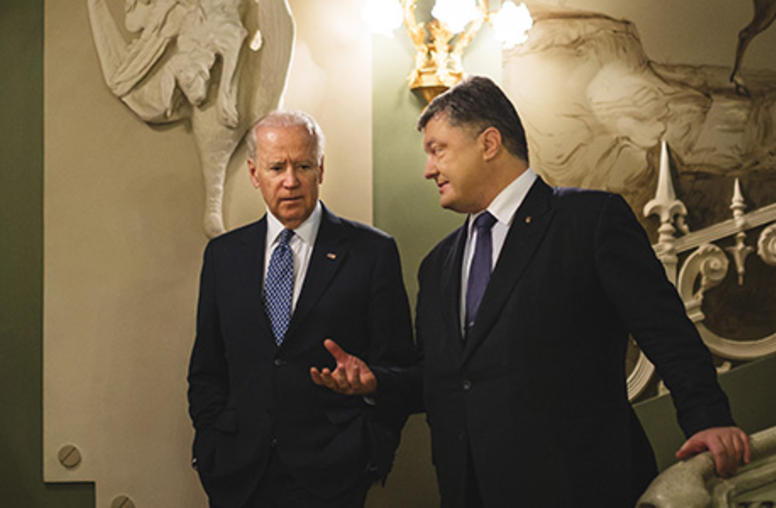
Ukraine: Focus on Corruption
As Vice President Joe Biden visits Ukraine this week, former U.S. ambassador to Ukraine Bill Taylor underscores that domestic corruption—in the economy and government—remains the key weakness in that country’s efforts to build long-term stability. Taylor, who is USIP’s executive vice president, returned recently from a trip to Ukraine.
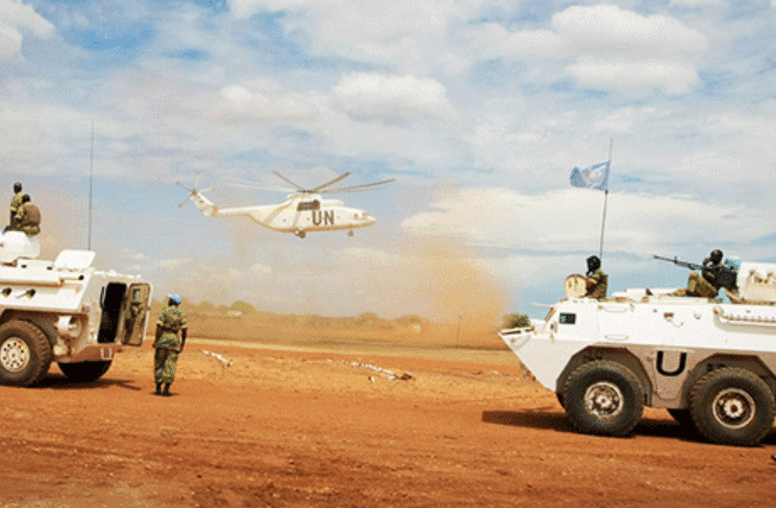
Saving U.N. Peacekeeping: High Stakes for the U.S.
As America and its allies confront a widened war in Syria, the refugee exodus to Europe, and terrorist violence in Paris, Beirut and Mali, we must treat the roots, not just symptoms, of these catastrophes. That will require an urgent repair of our world’s main tool for addressing violent conflict—the increasingly overwhelmed United Nations peacekeeping system.
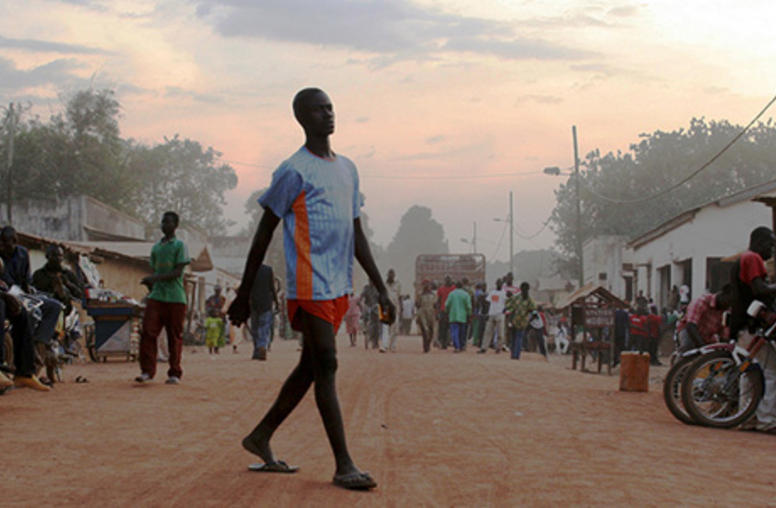
Risk to Central African Republic Lies in Avoiding Mistakes of the Past, Experts Say
The future of the Central African Republic rests in part on whether the international community can avoid mistakes of the past by supporting its development for the long haul and building institutions and infrastructure rather than abandoning the country after elections later this month, a group of experts said at an event organized by the U.S. Institute of Peace.
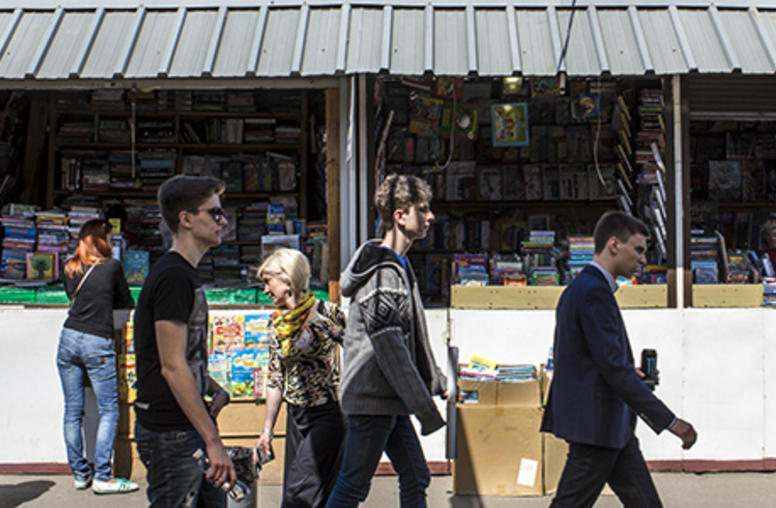
Action, Not Words, Needed to Improve Ukraine's Investment Climate
Ukraine must not remain a country of great but unrealized potential. The International Monetary Fund package and other foreign assistance are helping stabilize Ukraine’s economy, but only an attractive business climate can result in the level of investment that will truly transform the country for the long term.
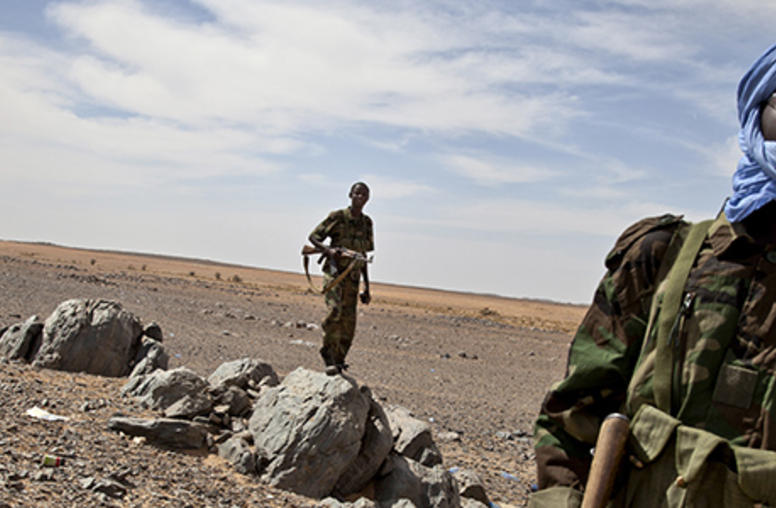
Q&A: The Siege in Mali
As militant gunmen seize a hotel in the capital of the West African state of Mali, U.S. Institute of Peace Program Specialist Emily Fornof offers context for the incident. Fornof served as a Peace Corps volunteer in Mali, and is conducting graduate research on the country’s conflicts at George Mason University.
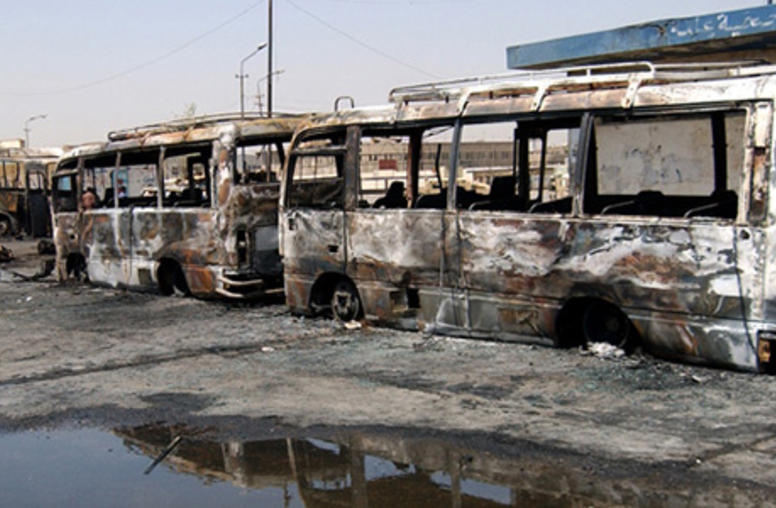
Terrorism Study: ISIS Isn’t the Deadliest Extremist Group
Worldwide deaths from terrorist incidents jumped 80 percent in 2014 compared with the year before and were concentrated in five major conflict zones, according to the third annual Global Terrorism Index, released November 17. While that conclusion was unsurprising, the index included less obvious findings with implications for policy makers who have to tailor solutions to specific countries and regions, according to experts who discussed the study at the U.S. Institute of Peace.
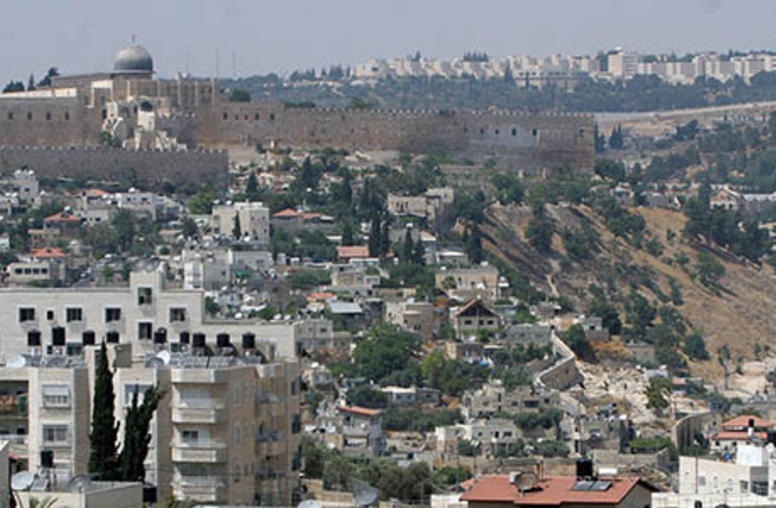
Can Anything Save the Israeli-Palestinian Peace Process?
As the decades-long struggle threatens to boil over, there are four concrete steps the international community can take to help the peace along.
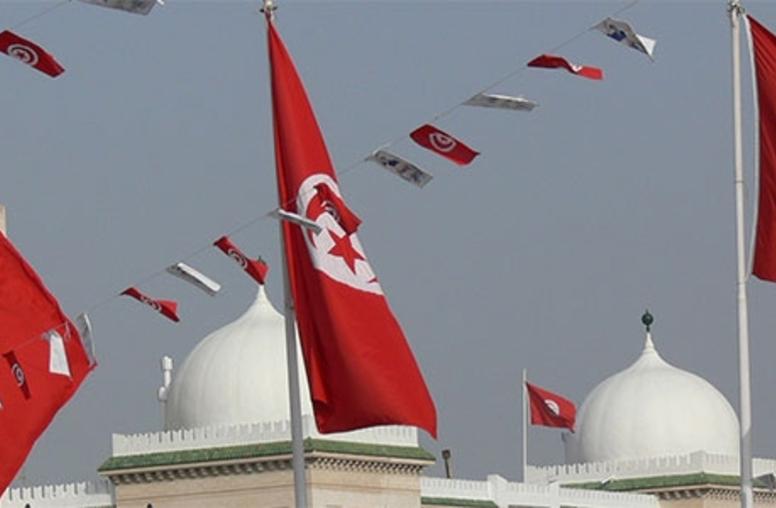
In Tunisia, Economic Crisis Threatens Political Progress
The relative stability of Tunisia’s politics—achieved through a “national dialogue” whose mediators won the Nobel Peace Prize—is largely holding. Within a broad, governing coalition, Islamists, secularists, trade unions and employers all jockey for advantage in the usual democratic ways. But beneath the comparative calm, an economic crisis threatens the political gains of the only country building a democracy from the Arab Spring uprisings of 2011.
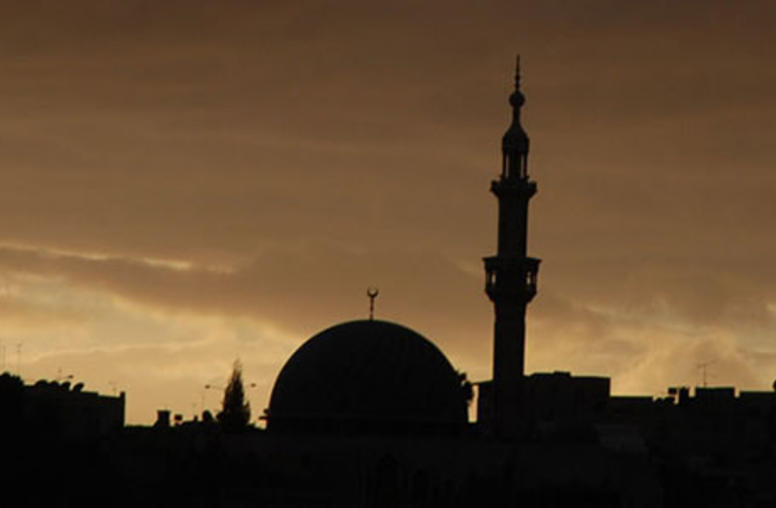
Is Islam to Blame for Its Extremists?
Ayaan Hirsi Ali and Manal Omar continue their debate on the Quran, the Islamic State, and how to save the religion.